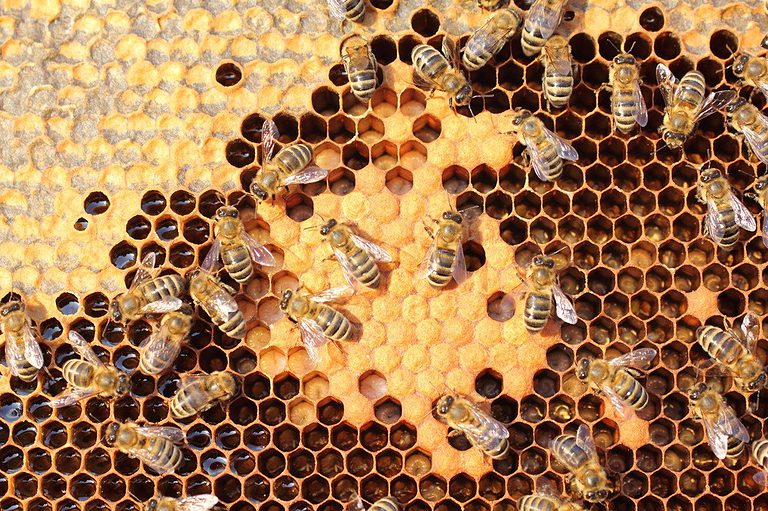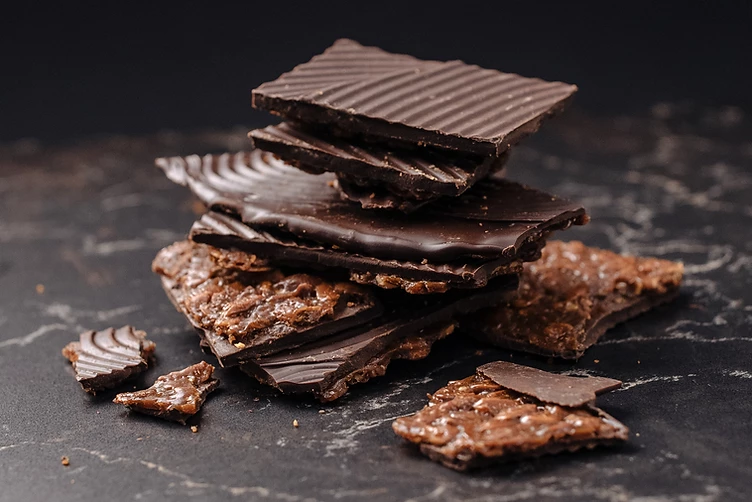Salt is a compound known as sodium chloride. These are two minerals that every cell in our body needs to survive. It is one of the oldest and most widely used seasonings and is one of the basic tastes that we experience alongside sweet, sour, bitter, and umami. We know that sodium is important to keep our cells and fluid balance, especially when we are sweating a lot in high-intensity and prolonged exercise or in extreme climates where we’re losing a lot of sweat.
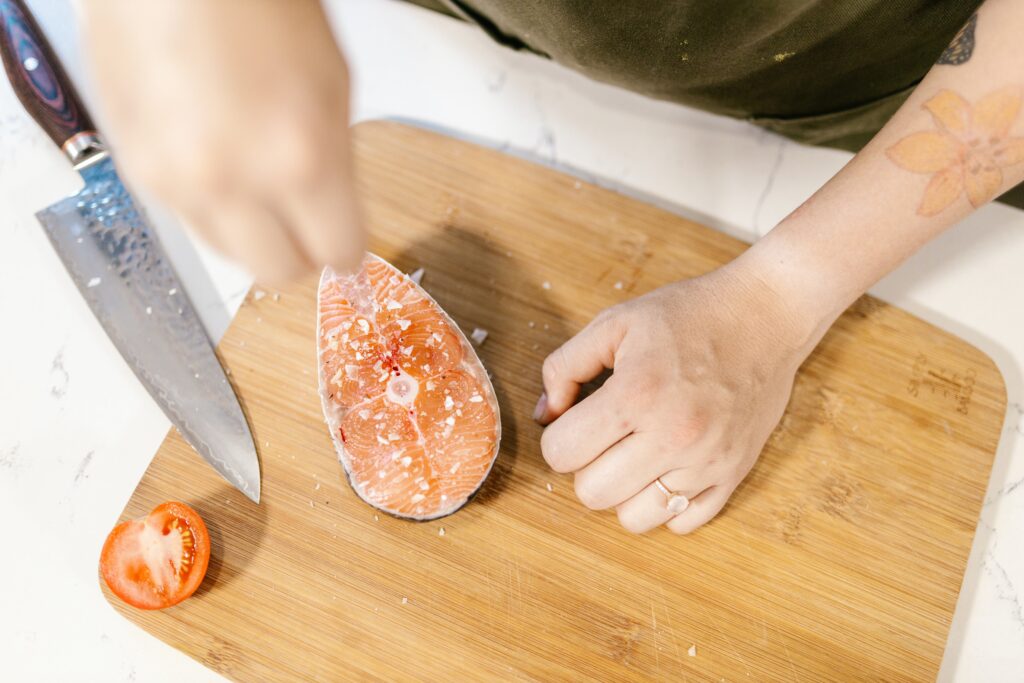
HOW MUCH SALT DO WE NEED?
Rarely do people not get enough sodium.
There are a few rare medical circumstances however an Australian Health Survey found that 74% of Australian females and 91% of males are exceeding the suggested dietary target for sodium intake, which is about 2000 mg per day or about one teaspoon of salt per day.
In fact, in most Western countries, most adults are exceeding the upper recommendations of sodium each day (WHO).
But here’s the thing… the majority of sodium in our diet isn’t coming from that sprinkle of salt on your veggies on your steak or fish after cooking.
Rather, it is coming from sodium found in a variety of packaged foods (Australian Health Survey).
Interestingly most of us are getting too much sodium from products like stocks, canned products like soups canned veggies and beans, breads (if you’ve ever tried low salt bread you would know why salt is so essential to bread making!) and other products like sauces and condiments like tomato or barbecue sauce soy sauce fish sauce oyster sauce hoisin sauce and more.

WHAT ARE THE EFFECTS OF TOO MUCH SALT IN THE DIET?
Too much salt can lead to an increased risk of hypertension or high blood pressure which is known as a “silent killer” as you often don’t experience any symptoms but places additional strain on the walls of your blood vessels which over time can increase your risk of cardiovascular events like heart attacks and strokes. It has been identified as a global priority to reduce sodium intake by the WHO.
So it is important to note that we aren’t talking about a large amount of salt when choosing the best variety for fertility. Most of us could do better by choosing no added salt varieties of canned veggies, choosing lower sodium stocks or making it ourselves, and being aware of the salt content of our packaged foods.

SO WHAT SALT TO CHOOSE FOR FERTILITY?
There are many different types of salt available. In essence, they are all sodium chloride, they vary only in colour, origin, shape and size of the salt crystal.
Some salt varieties you might see available are table salt, Kosher salt, rock salt, flakes, sea salt, pink (or Himalayan salt), and flavoured salts (like truffle salt, for example).
So what is the difference between all these choices?
Their nutrition varies more subtly, with differences in trace mineral content and fortification. In Australia, table salt and the salt used to make bread are fortified (which means the nutrient is added) with the mineral iodine (Charlton, Probst & Kiene, 2016). The Australian Government implemented over 10 years ago which helps our thyroid function properly and reduces the risk of cognitive disabilities in babies that are unintentionally conceived where mothers aren’t yet taking a prenatal vitamin (Charlton, Probst & Kiene, 2016).
IF YOU WANT TO LEARN MORE ABOUT THE NUTRIENTS FOR THYROID FUNCTION GO BACK AND LISTEN TO OUR THYROID EPISODE WITH LEAH FROM BALANCE NUTRITION.
Iodine also plays a critical role in protecting the cognitive and brain development of your growing baby during pregnancy (Zimmerman, 2012). Statistics have shown despite the government initiatives to add iodine into the salt that makes our bread and table salt, many of us ditching the carbs or going for trendy pink salts and we are missing out on precious iodine in our diets (Australian Health Survey).
POPULAR TYPES OF SALT
Pink salt is extremely popular, and many people mistakenly think that it has “extra nutrients” such as iron oxide which gives it its pink hue, however, pink salt is not fortified with iodine.
A recent study done by Nutrition Research Australia assessed 31 samples of pink salts available in Australia and found that there was unpredictability and inconsistency in both iron and calcium levels and alarmingly higher levels of heavy metals, such as aluminium and lead, which we know we want to avoid for preconception and pregnancy health and our general wellbeing.
Whilst pink salt may have a wider variety of nutrients available compared to table salt, you would need to consume over 500% more recommended sodium limit to gain any meaningful contribution of these trace minerals found in pink salt to your diet.
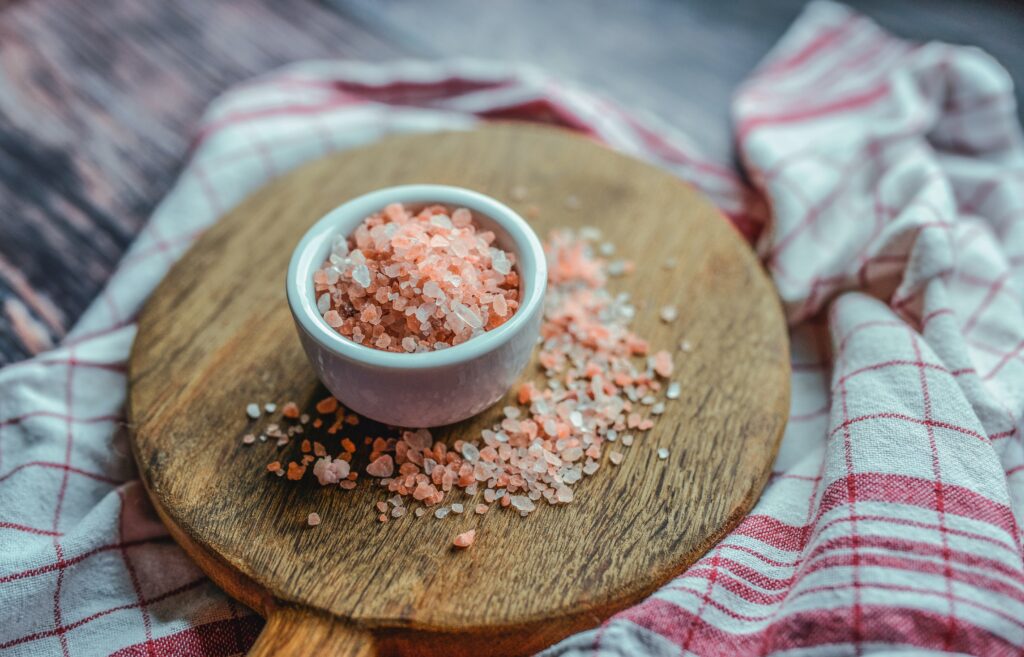
Kosher salt was originally used in the Koshering process within the Jewish community to remove blood from meats. The course articles are different from the usual shape of salt crystals and it better clings to meat and absorbs the blood and liquid and is more efficient in the process. Some are Kosher certified. The main nutritional difference is that Kosher salt is not fortified with iodine. Many chefs believe that iodised salt alters the flavour of a dish significantly (personally, I have never noticed the difference in the flavour of iodised salt) and prefer to use Kosher salt.
Many speciality salts such as black salt, grey salt, salt flakes, and rock salt may or not contain iodine. These are often marketed to the home chef as “additive-free” with iodine being viewed as an additive. And whilst you can find iodine from other sources such as fish, oysters, and eggs if I was to choose the ultimate salt for preconception and fertility health, to be used sparingly to flavour your meals (along with herbs and spices to pack in antioxidants) I would pick iodised table salt.
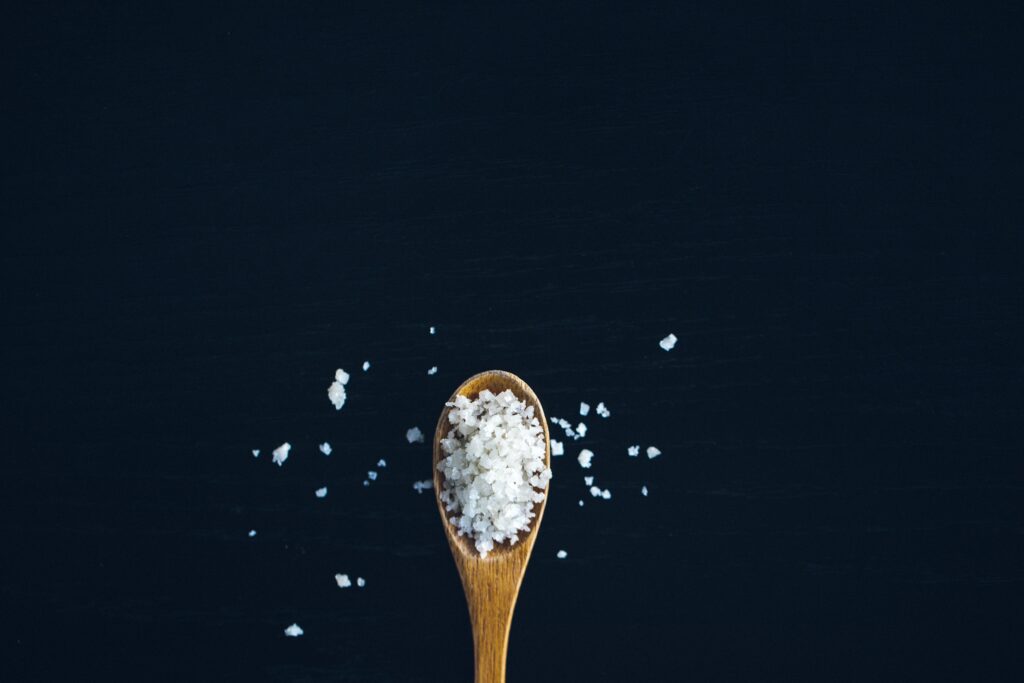
If you are worried about iodine and thyroid function please discuss this with your doctor or dietitian. iodine is a critical nutrient you need to review when selecting a prenatal supplement and in your preconception and pregnancy care.
Need expert advice? We are Australia’s leading pregnancy & fertility nutrition clinic in Australia. We consult online in our virtual clinic worldwide. Book now!
Want to learn more about Salt and Fertility? Listen to Episode 76 of The Fertility Friendly Food Podcast: What is the best salt for fertility? here!





